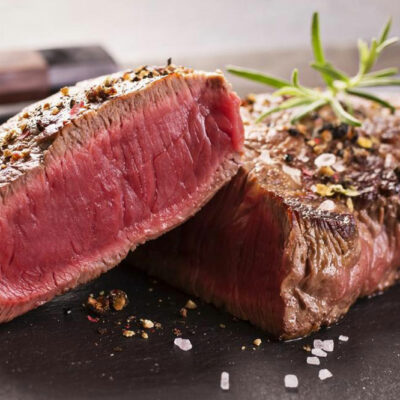
Common Links Between GERD and IBS
Gastroesophageal reflux disease, or GERD, and irritable bowel syndrome, or IBS, are chronic disorders that affect the large intestine and esophagus. Patients with these conditions often experience some overlapping symptoms including frequent abdominal pain, bloating, gas, indigestion, heartburn, and trouble sleeping. However, IBS commonly causes alternating bouts of constipation and diarrhea.
While GERD causes chronic acid reflux due to backwash of stomach acids, which can irritate the lining of your esophagus. Common links between GERD and IBS include:
1. Trouble sleeping
Trouble sleeping with both GERD and IBS is a cyclical problem. Digestive problems affect people throughout both the day and night, which means that trips to the bathroom at night, as well as dealing with symptoms like heartburn, abdominal pain, coughing and sore throat make falling asleep difficult. Lack of sleep can then lead to stress and anxiety. Then, stress and anxiety intensify the symptoms of GERD and IBS.
2. Food triggers
Some foods are acidic, while others are high in fiber, gas-producing or cause the lower esophageal sphincter to relax. Foods to avoid include coffee, caffeinated and carbonated beverages, citrus fruits, tomatoes, fatty and fried foods, garlic, onions, peppermint, chocolate, cruciferous vegetables like broccoli and spicy foods. Furthermore, doctors recommend that patients eat smaller meals and make sure to sit upright rather than lie down after eating.
3. Poor muscle function of the intestinal tract
The underlying reason for patients of both GERD and IBS to experience digestive problems might be poor muscle function of the intestinal tract; specifically a lax lower esophageal sphincter moving stomach acids back up the esophagus causing GERD and the bowel muscles contracting too quickly or slowly in the process of moving food and waste through the digestive tract leading to IBS
4. Heartburn
The majority of IBS patients also have GERD, and therefore chronic acid reflux and heartburn. The burning sensation can travel up the esophagus causing a sore throat, as well as the need to cough, clear the throat and, eventually, hoarseness.
Doctors suggest dietary and lifestyle changes for both GERD and IBS patients that include regular, daily exercise, eliminating trigger foods and incorporating relaxation techniques to reduce anxiety and manage stress.


